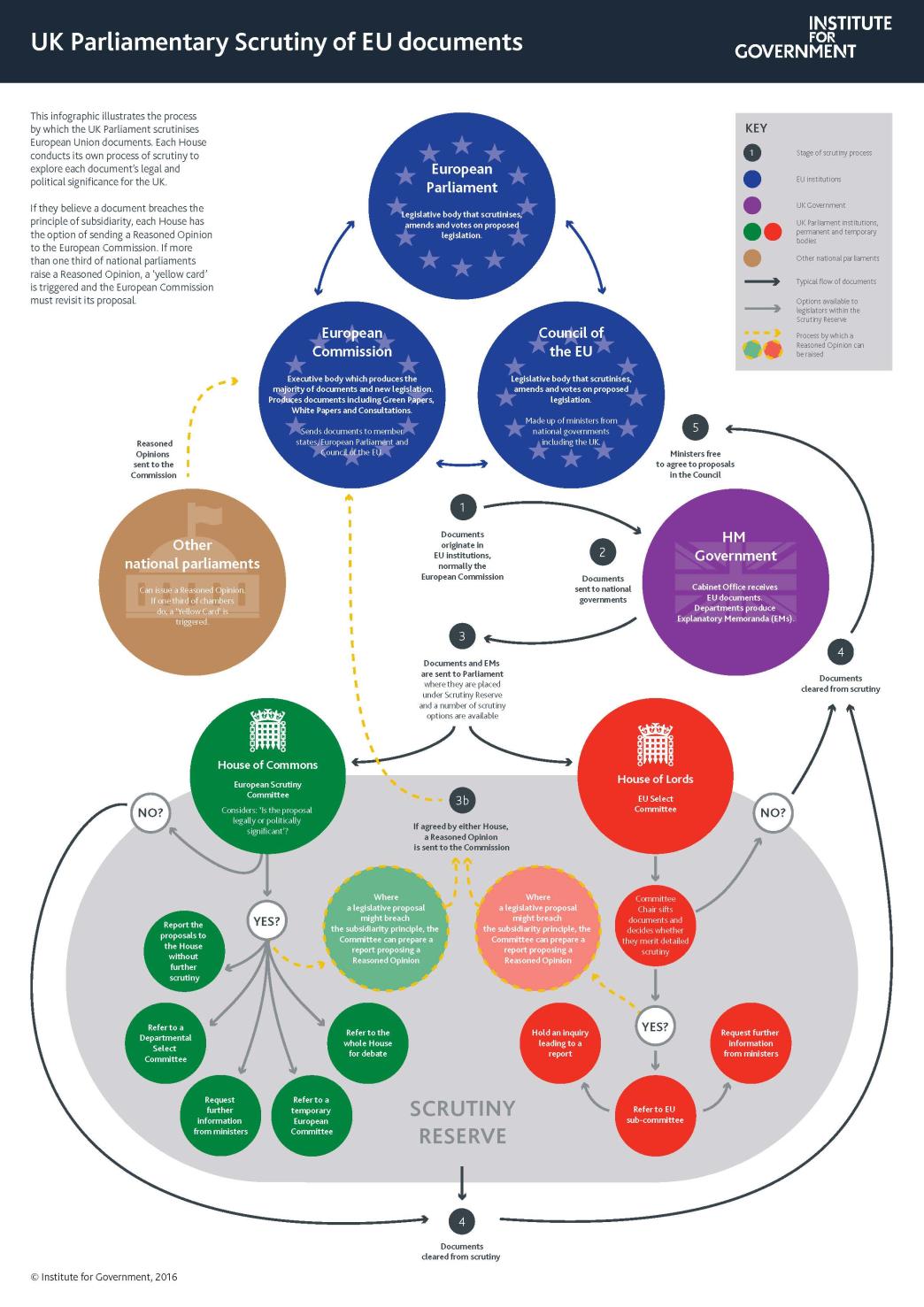Parliamentary scrutiny of the EU: lessons from the Norwegian Storting
Whether the UK votes to leave or remain in the European Union on 23 June, the UK and EU will continue to have some kind of relationship and the UK Parliament will have a role in scrutinising that relationship. That is the premise of a new Institute for Government report published last week. Louise Borjes explores what the Norwegian model of parliamentary scrutiny tells us about how Westminster might choose to engage in EU issues in the content of a different UK–EU relationship.
